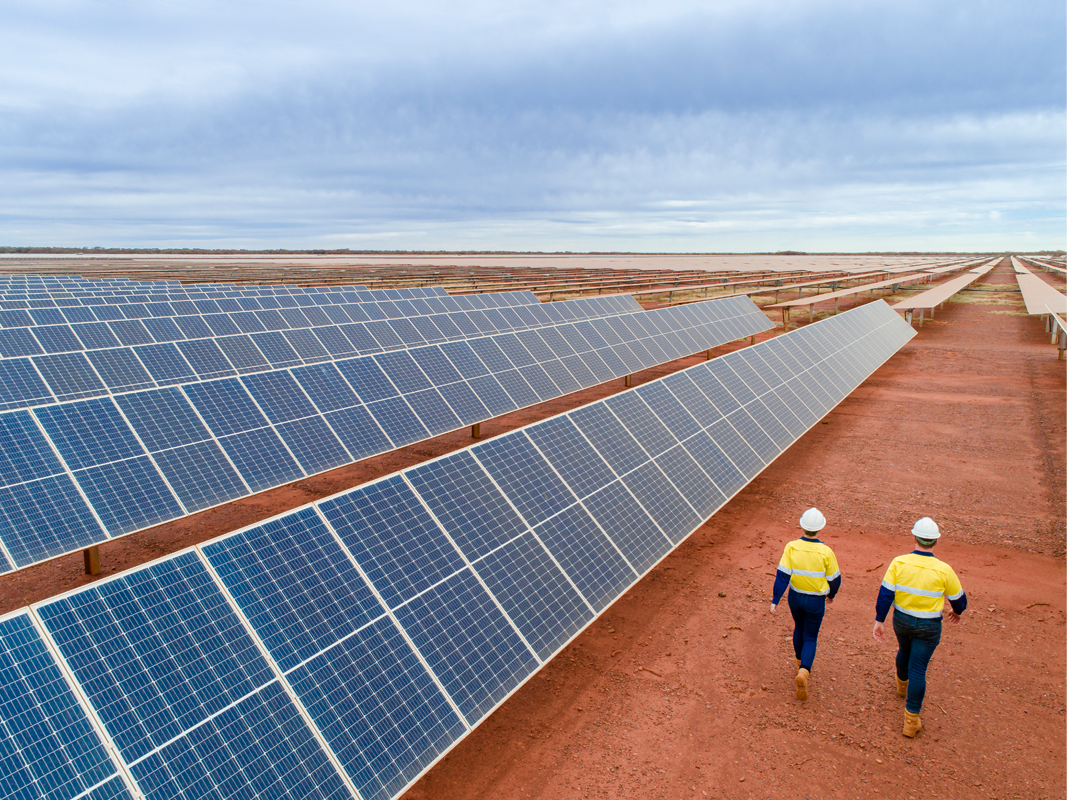Fortescue is assessing the future workforce skills that will be required as the company works to reach its decarbonisation targets.
Fortescue’s decarbonisation strategy is to achieve Real Zero (no fossil fuels and where possible no offsets) on Scope 1 and 2 iron ore emissions by 2030, Net Zero on Scope 3 emission by 2040, and to achieve a 7.5 per cent reduction by 2030 for emissions intensity from steel making by the company’s customers (from FY21 levels).
Under the plan, it will replace diesel and natural gas, with an electrified and hydrogen powered fleet and renewable power and battery storage and will invest in carbon offset purchases.
Building on Fortescue’s announcement in March 2022 to develop the world’s first regenerating battery electric iron ore train, feasibility studies are progressing, with delivery of the first parabolic (gravity powered) drive trains to the Infinity locomotives scheduled to be operational by the end of 2026.
Fortescue Manager Strategic Change Melanie Atkinson told Port Hedland Industries Council’s Community Industry Forum in June that Fortescue was determining the makeup of its future workforce from 2026 and beyond.
“We are actively looking at the future skills required, such as what skills will a fitter need in our workshop to be able to deal with the equipment,” Melanie said.
“What is the profile for electricians and what new skills will they need. We’ll obviously need a lot more of them, not just in the workshop but to deal with transmission lines and the electrified fleet.”
Other future skills will be those needed to deal with wind and solar farm operations, battery electric and other renewable energy systems, and process safety because of the increased use of ammonia and hydrogen.


